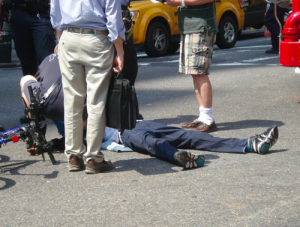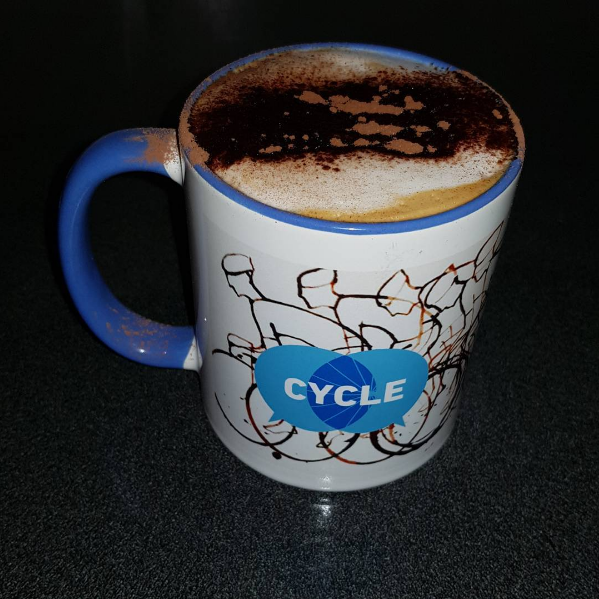Teenage Girls Riding Bicycles - why do they stop riding?
Four million people ride a bicycle at least once a week in Australia, which is nearly one in five people.
The group that participates the most are kids under 9 years old. Around half of all boys and girls ride a bike regularly. But in their teen years, a strange thing happens. Teenage boys ride little bit less (about 45% ride at least once a week) but teenage girls start drop off the radar (down to 30%).
By the time they reach early adulthood (age 18-29) 18% of young men are still regularly riding but only 7% of young women do. Why is this?
A few months ago, a research paper was published about why a lot of girls give up cycling in their teens.
Most of the teenagers interviewed said it was because:
- they feel unsafe riding on the road
- it takes too long
- there's 'no one to ride with'.

 The last one to pass me started to slow down (I figured for the roundabout he was about to enter). Approaching the roundabout from the direction we were heading the options are either go straight
The last one to pass me started to slow down (I figured for the roundabout he was about to enter). Approaching the roundabout from the direction we were heading the options are either go straight 
